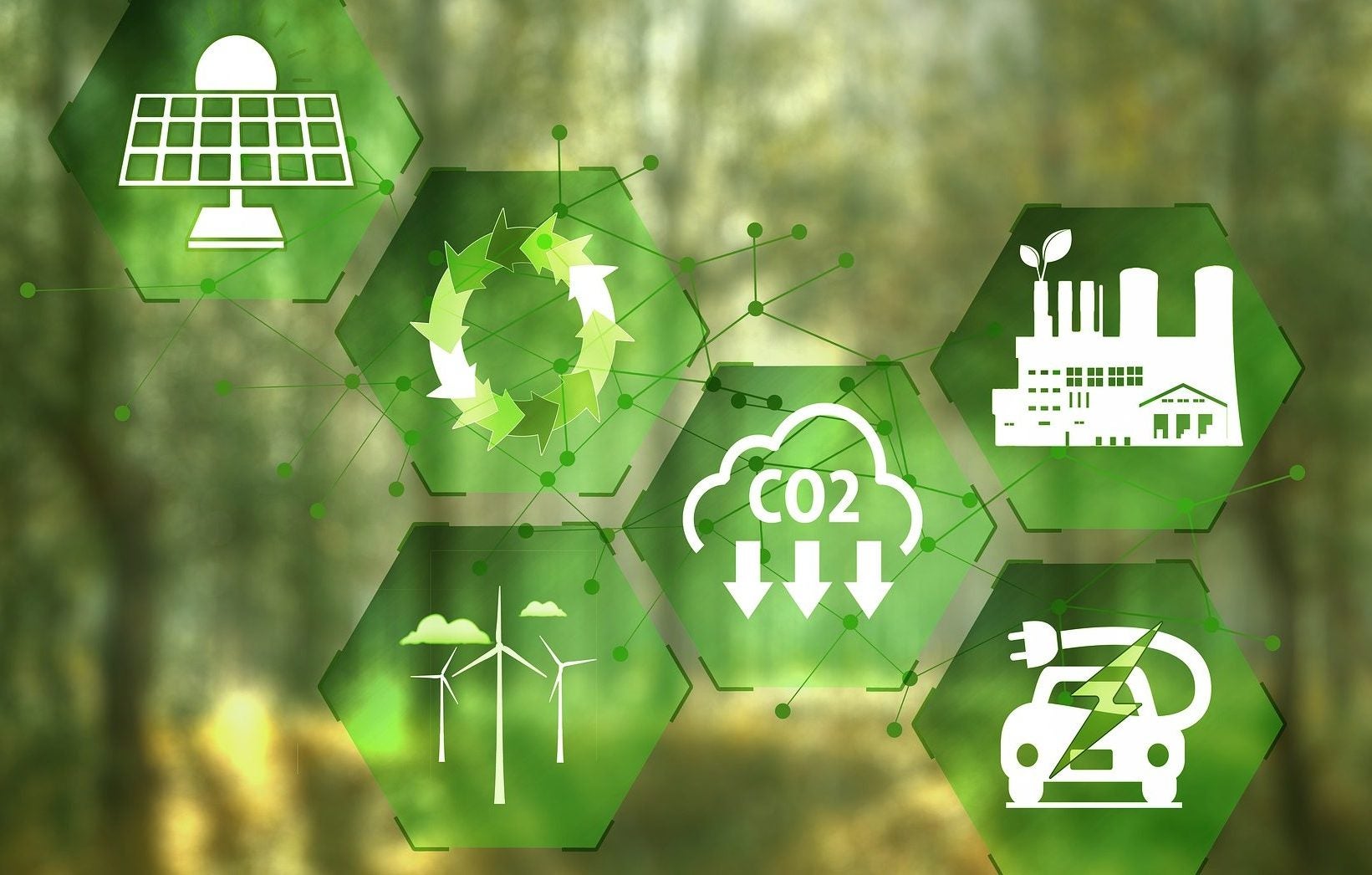
The EU is moving forward with plans to tighten rules on “misleading” labelling claims pertaining to a product’s ‘green’ credentials.
A provisional agreement has been reached by the European Parliament and the European Council to ban advertisements and labels such as climate neutral and environmentally friendly in an effort to stamp out greenwashing – a practice conveying false or unsubstantiated claims or misleading information for consumers about a product’s environmental benefits.

Discover B2B Marketing That Performs
Combine business intelligence and editorial excellence to reach engaged professionals across 36 leading media platforms.
The Parliament and the Council will vote on bringing the proposals into law in November and EU member states will be given two years to enforce them.
Measures were taken in March by the European Council, setting minimum requirements to substantiate green claims that would have to be science-based, and third-party backed and certified.
The new prohibitions build on the “existing EU list of banned commercial practices and adds to it several problematic marketing habits related to greenwashing and early obsolescence of goods”, an official statement read.
It added: “The aim of the new rules is to protect consumers from misleading practices and help them make better purchasing choices.”

US Tariffs are shifting - will you react or anticipate?
Don’t let policy changes catch you off guard. Stay proactive with real-time data and expert analysis.
By GlobalDataTerms such as natural, biodegradable and ‘eco’ will also be banned under the proposals “without proof of recognised excellent environmental performance relevant to the claim”.
Brussels said it will also prohibit “claims based on emissions offsetting schemes that a product has neutral, reduced or positive impact on the environment”, along with “sustainability labels not based on approved certification schemes or established by public authorities”.
Parliament member Biljana Borzan assigned to report on the proceedings said: “We are clearing the chaos of environmental claims, which will now have to be substantiated, and claims based on emissions offsetting will be banned.”
The Changing Markets Foundation told Just Food the environmental advocacy group had found 80% of green claims related to food pertained to climate, and “many” of those were found on the “most carbon-intensive meat and dairy products”. More than half related to carbon neutral or climate positive, it said.
In one such case, Denmark-based meat giant Danish Crown removed its ‘climate-controlled’ pork labels in 2021 following criticism from environmental groups such as Greenpeace that they were misleading and amounted to greenwashing.
Pressure intensified in 2022 when UK-based Changing Markets linked Unilever, The Coca-Cola Co. and Tesco to greenwashing claims over plastic packaging.
Meanwhile, earlier this year a court in Sweden banned European dairy major Arla Foods from using the term “net-zero climate footprint” in the marketing of its products sold in the country.
And European juice supplier Eckes-Granini announced it would stop using the term CO2 neutral on its labels, after consumer rights organisation Foodwatch called it misleading.
Nusa Urbancic, the CEO of Changing Markets, said: “This agreement between EU institutions shows that the tide is turning on greenwashing, especially when it comes to very vague claims that consumers are exposed to on a daily basis, like natural or environmentally friendly.
“We especially welcome a ban on carbon-neutral claims, based on offsetting, which have proliferated over the last years – also on the EU market. “





